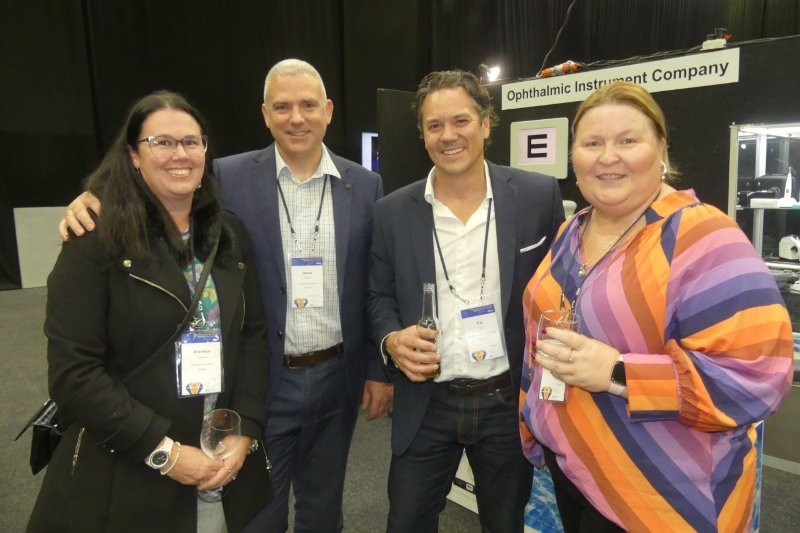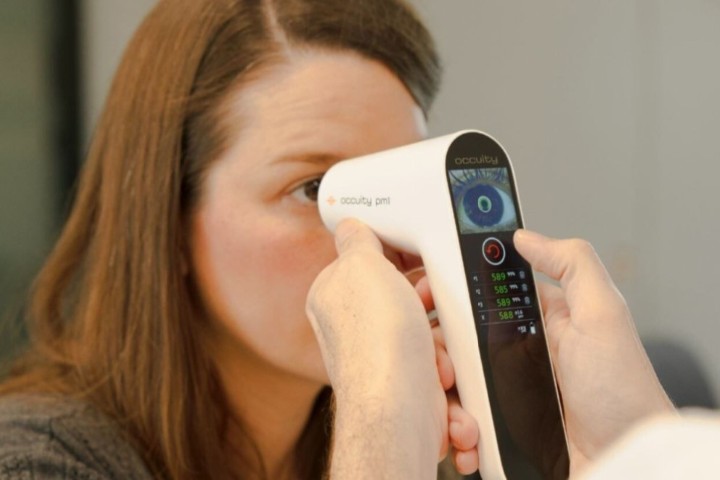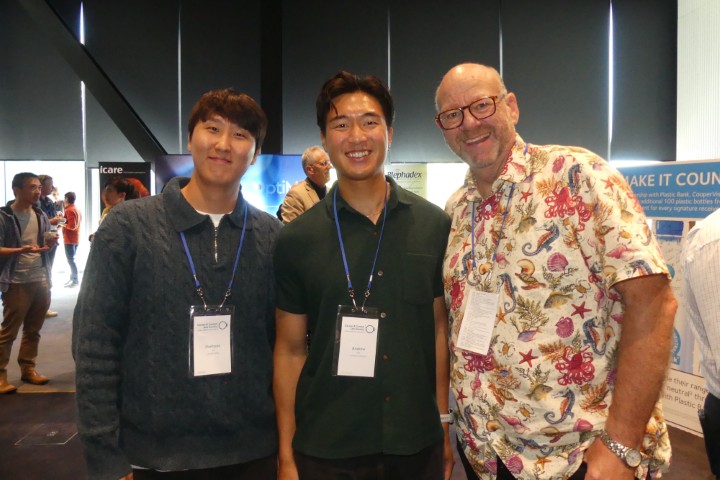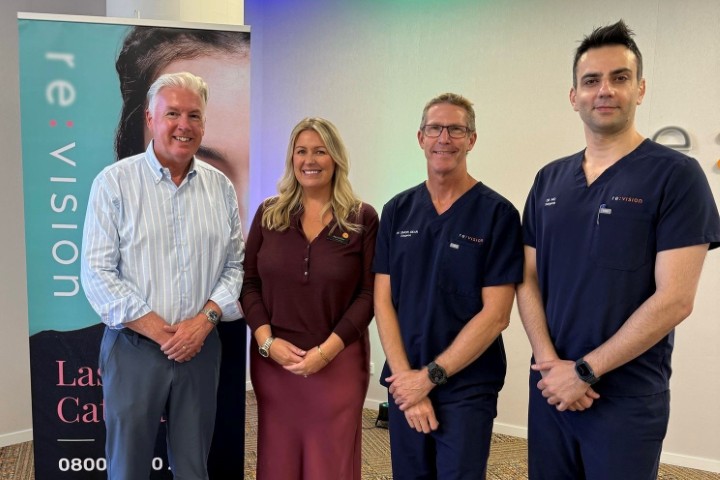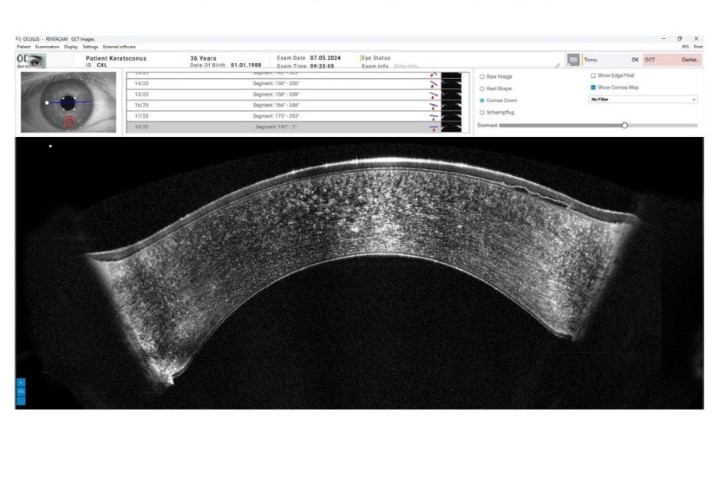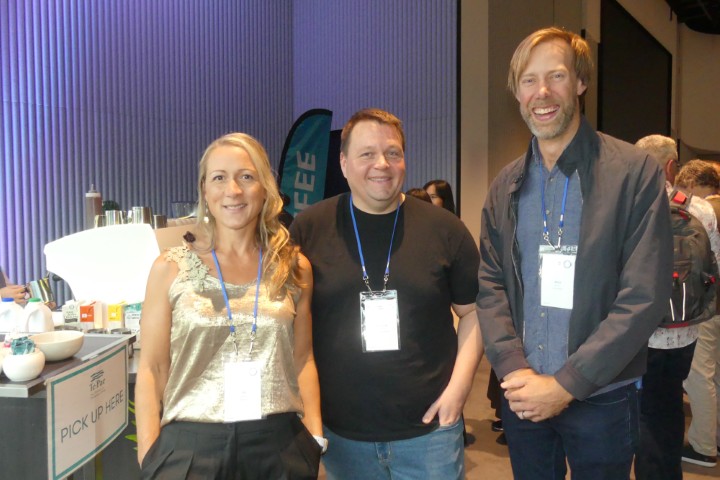Precision medicine for NZ diabetics?
Participants are being recruited for a New Zealand study aiming to identify which personal factors predict people’s response to two different diabetes drugs: vildagliptin and pioglitazone.
The University of Auckland researchers said they hoped the study would eventually lead to people living with type 2 diabetes being prescribed medications personalised to their genetics, body size, ethnicity, age and other characteristics.
There are 12 classes of drugs that have been proven in large clinical trials internationally to manage type 2 diabetes. In New Zealand, half of these medications are funded, including the recently funded vildagliptin. “The problem is, medications work very differently in different people,” the research team said in a media release, “and at the moment doctors can only figure out the best match for an individual patient through trial and error”.
Associate Professor Rinki Murphy, endocrinologist and researcher at the university's medical school, said a ‘precision medicine’ approach to managing type 2 diabetes, which affected over 200,000 people in New Zealand, would have many benefits.
“Knowing who responds best to each type of diabetes drug would help patients get more effective medication earlier in their treatment, with fewer negative side effects, and improved health outcomes,” she said.
“The savings made from removing redundant drugs from people’s ever-growing medication cocktails could enable us to fund a greater selection of diabetes medications, if they could be used in a stratified and rational way.”
Dr Murphy is leading the study to identify which personal factors predict people’s response to two different diabetes drugs: vildagliptin and pioglitazone. The study team of doctors and nurses are looking to recruit 300 people aged 18-80 years with type 2 diabetes who are currently treated with metformin and/or sulfonylurea medications, but still require extra diabetes medication. Funded by the Health Research Council and University-based Maurice Wilkins Centre, the study is running in Auckland, Kaitaia, Tairāwhiti Gisborne and Waikato.
“We are trying to understand whether the glucose-lowering response to these two contrasting medications differs by ethnicity, age, gender, body size, lipids, and genetics,” says Dr Murphy.
“We are particularly interested in whether the response is different among people of Māori and Pacific ancestry, because they are not represented in the international clinical trials evaluating these diabetes medications, and it is possible that due to unique genetics, there may be biological reasons for different metabolism and effectiveness of these drugs among people of different ethnicities.”
People interested in joining the study can email t2dmed@auckland.ac.nz or find out more information on the study page.












